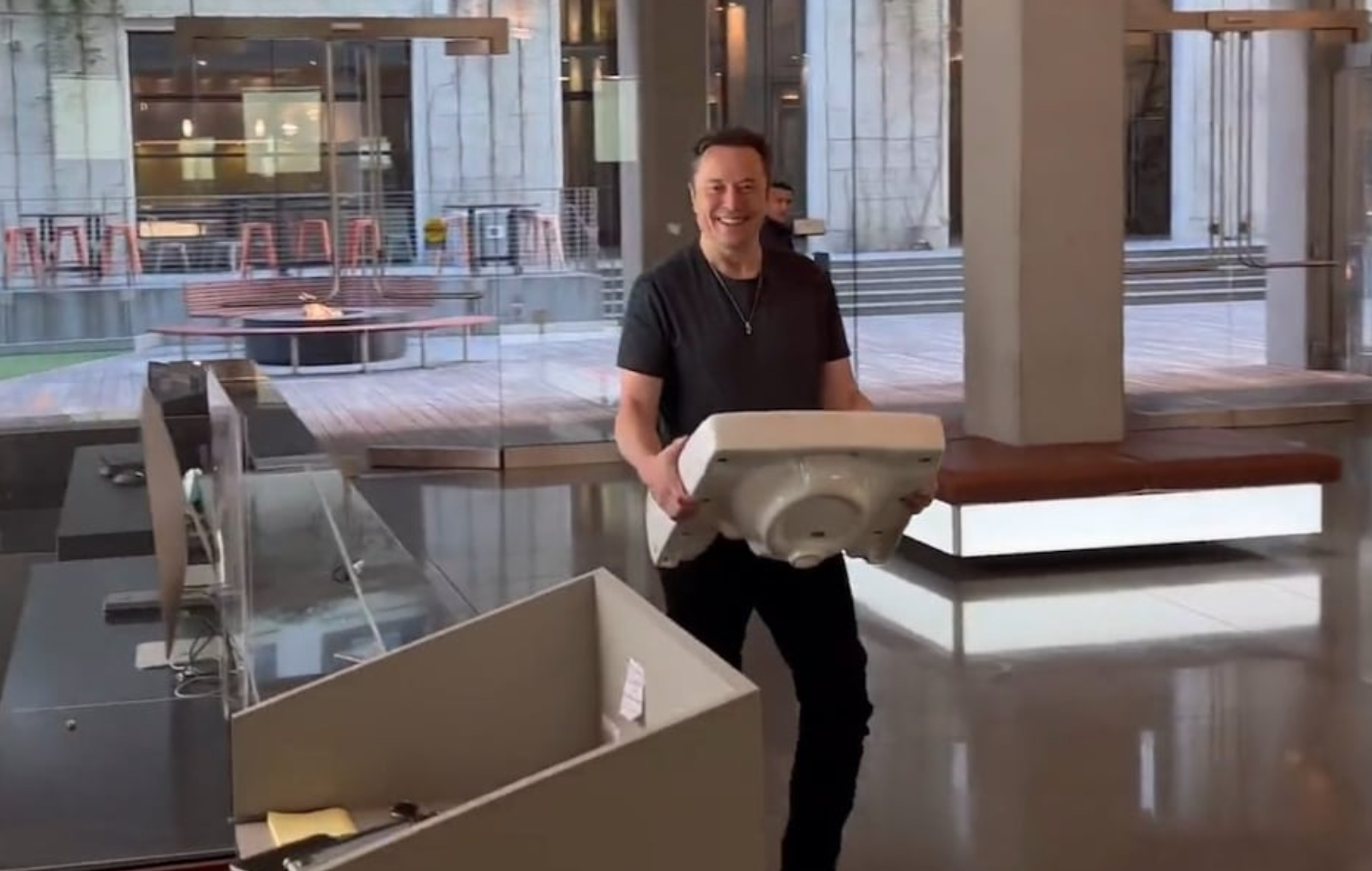With the purchase of Twitter, Elon Musk has two major challenges to solve: to make this platform profitable and to establish content moderation that guarantees freedom of expression without further fueling misinformation. However, these challenges seem to be incompatible. Making the verification of a user account subject to the payment of an eight-dollar membership would inevitably lead to any user being able to be verified and, therefore, being able to disseminate any type of information. This would undermine the legitimacy and influence of “content and users” that this social network has achieved.
The uncertainty generated by this monetization proposal is not fortuitous. Since its foundation, Twitter has transformed the digital political conversation. Hence, it has facilitated the circulation of ideas and actions of different social and political actors, among others, and the network has come to be classified as the main public square or digital sewer in the world. However, this extensive circulation of truthful and inaccurate information at the same time has made this platform feel the need to become an arbiter of the behavior of its users. So, it has had to implement limits to the flow of violent and uninformative content that has plagued it.
So far, eliminating disinformation has been a quixotic task for Twitter. There have been two main content moderation strategies. The first is content or user tagging, as happens with media outlets affiliated with democratic and non-democratic countries such as Russia (RT, Sputnik) or China (CGTN), among others. The second, somewhat controversial, has been the suspension of the accounts of media outlets, journalists, ordinary users or political leaders such as former President Trump for disseminating inaccurate information or content that incites violence. While both strategies are questionable in their results, they have certainly mitigated misinformation and violence in the digital conversation, but they have not eradicated it.
Renewal or stagnation
Musk has made it relatively clear what he wants to do with Twitter. First and foremost, he intends to improve Twitter’s functionality by developing open-source algorithms that will, among other issues, eradicate bots (automated accounts) and authenticate all humans, thereby increasing the trust of tweeters. However, his first decisions have moved away from this goal, since the purchase of membership meant that profiles that had not achieved the desired verification obtained it, despite the fact that they had already spread disinformation and hateful content toward minorities and political parties in the past.
As a consequence of this “economic verification”, disinformers and propagators of hate messages immediately gained more visibility, which is potentially dangerous. The COVID-19 pandemic, for example, revealed that unverified accounts produce more disinformative content, and their reach depends on the level of coordination to disseminate it. However, when a verified account produces inaccurate content, its reach is more harmful. At a glance, it indicates that the goal of increasing trust in platform users is not a simple task and that, in order to end existing misinformation, user verification cannot simply be subjected to an economic rubric.
Moreover, if the verification proposal fails to circumvent this economic perspective, it is possible that the private disinformation industry in the world will become even stronger, as these actors will be able to influence public opinion in their favor much more easily. Given that their strategies are not limited to the use of fake accounts and bots, but they are also making inroads and sophisticating their coordinated actions in the area of online advertisements. About this latter, Musk has not mentioned much so far.
Likewise, neither has he done so about access to Twitter’s API, or application programming interface. This aspect of the platform is not so well known to ordinary users as it is focused on researchers and developers, and its purpose is to facilitate access to specialized information that enables the identification of anomalous behavior on the platform. In itself, access to this data has been limited recently and the only option to access a significant set of data is to pay the membership fee offered by the company, which is certainly onerous and only large digital marketing companies can afford.
Will Twitter survive?
It is irremediable, the digital public square is in a crisis for economic reasons and tensions over content moderation. Fortunately, Musk backed off the “economic verification”, given that within hours its detrimental effects on the spread of hate messages and misinformation, especially in the United States, were manifested. His gesture to make the platform more trustworthy is reasonable, but Twitter cannot be taken lightly, as these and other actions Musk has taken so far demonstrate. As a result, thousands of users have predicted the death of Twitter, which, while usually in a fatalistic position, seems to be unaware that the company is economically unsustainable, and that changes are more than necessary for it to survive.
So, the dreaded renewal is inevitable. But how will the company deal with the economic and content issues? That is the unknown that has yet to be resolved. What is certain is that, in order to survive, “user verification” on this platform is a credibility standard that must be maintained, as it has been one of the few most consistent shields against outbreaks of misinformation. However, if Twitter is not maintained, in a few years we will see the emergence of a new digital sewer like Mastodon or any other.
*Translated from Spanish by Janaína Ruviaro da Silva











